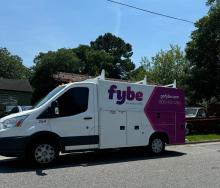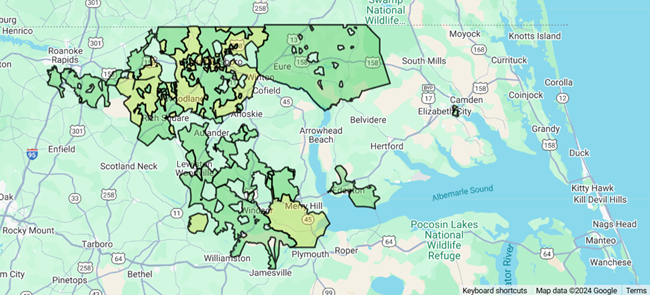Wadsworth, Ohio Converting City-Owned Broadband Network From Coaxial To Fiber
Wadsworth, Ohio officials say they’re making steady progress on the expansion of a city-owned broadband network that’s extending affordable fiber connectivity to the city’s nearly 25,000 residents.
Originally a coaxial-based network, the city now says it’s in the process of delivering Wi-Fi to many city residents while they go block-by-block removing older coaxial cable and upgrading residents to more future-proof fiber optic connectivity.
All told, city officials say they currently have around 5,800 existing subscribers that will ultimately be upgraded to fiber.

Wadsworth, Ohio first launched its hybrid fiber-coaxial CityLink network back in 1997, and has been offering broadband, television, and phone access to the community ever since.
In 2020 ILSR spoke with Wadsworth IT Manager Steve Lange in Episode 438 of the Community Broadband Bits Podcast.
Affordable, Popular Alternatives To Monopoly Power
The network, unlike many similar deployments, is separate from the city’s municipal electric department. Wadsworth Assistant Service Director Mike Testa recently told the Medina County Gazette that the city has completed around 400 fiber installations so far, including a recently updated area along Weatherstone Drive where 120 homes were connected.





